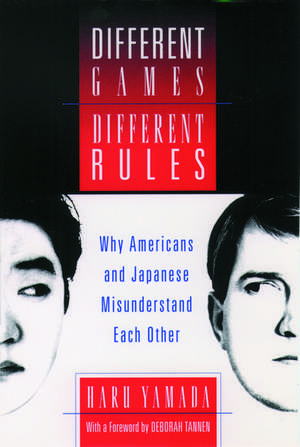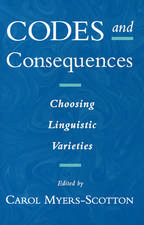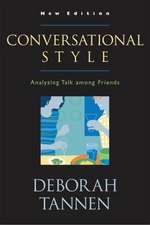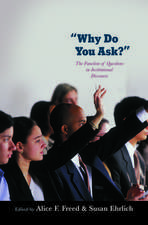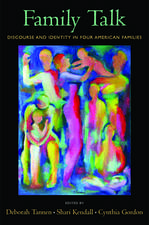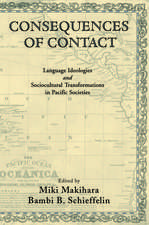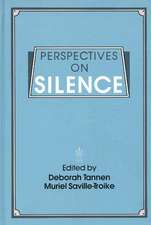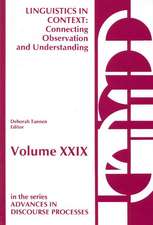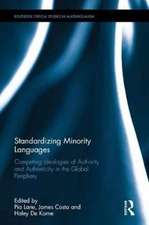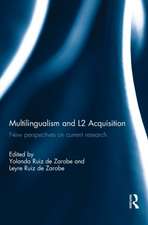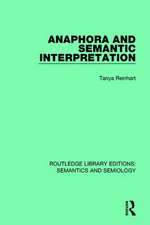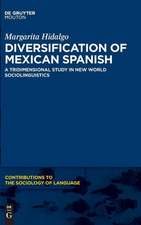Different Games, Different Rules: Why Americans and Japanese Misunderstand Each Other
Autor Haru Yamada Cuvânt înainte de Deborah Tannenen Limba Engleză Hardback – 2 oct 1997
| Toate formatele și edițiile | Preț | Express |
|---|---|---|
| Paperback (1) | 300.30 lei 31-37 zile | |
| Oxford University Press – 25 apr 2002 | 300.30 lei 31-37 zile | |
| Hardback (1) | 223.14 lei 31-37 zile | |
| Oxford University Press – 2 oct 1997 | 223.14 lei 31-37 zile |
Preț: 223.14 lei
Preț vechi: 271.55 lei
-18% Nou
Puncte Express: 335
Preț estimativ în valută:
42.70€ • 46.37$ • 35.87£
42.70€ • 46.37$ • 35.87£
Carte tipărită la comandă
Livrare economică 11-17 aprilie
Preluare comenzi: 021 569.72.76
Specificații
ISBN-13: 9780195094886
ISBN-10: 0195094883
Pagini: 192
Dimensiuni: 162 x 243 x 20 mm
Greutate: 0.44 kg
Ediția:New.
Editura: Oxford University Press
Colecția OUP USA
Locul publicării:New York, United States
ISBN-10: 0195094883
Pagini: 192
Dimensiuni: 162 x 243 x 20 mm
Greutate: 0.44 kg
Ediția:New.
Editura: Oxford University Press
Colecția OUP USA
Locul publicării:New York, United States
Recenzii
lucid, free of unnecessary jargons, and engaging. ... this book will be of great benefit ot anyone who comes into contact with people from a different culture, especially the Japanese.
An extremely useful book. It adds more dimensions to our constantly growing understanding. Her work gives us additional frameworks upon which we can build. - Donna Fujimoto - Journal of Sociolinguistics - 3/3 1999
An extremely useful book. It adds more dimensions to our constantly growing understanding. Her work gives us additional frameworks upon which we can build. - Donna Fujimoto - Journal of Sociolinguistics - 3/3 1999
Notă biografică
Haru Yamada is Senior Lecturer of Linguistics at the University of Westminster, London. She is the author of American and Japanese Business Discourse: A Comparison of Interactional Styles and a number of articles on international communication.
